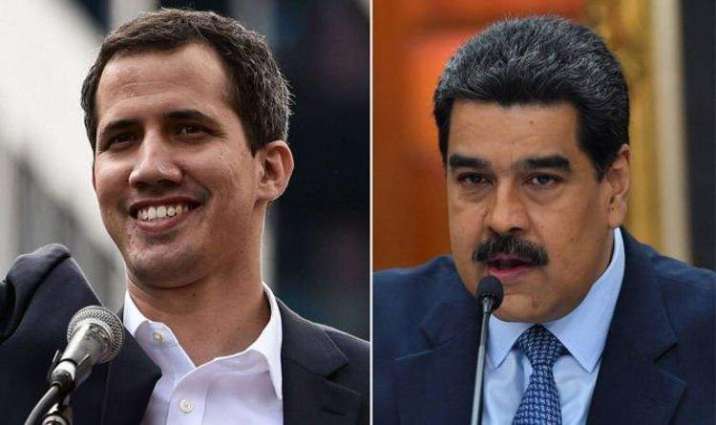The Venezuelan opposition is not eager for a compromise with the government of President Nicolas Maduro at the moment as it feels strong foreign support, Robert Malley, the head of the International Crisis Group non-profit, told RIA Novosti
MOSCOW (Pakistan Point News / Sputnik - 07th March, 2019) The Venezuelan opposition is not eager for a compromise with the government of President Nicolas Maduro at the moment as it feels strong foreign support, Robert Malley, the head of the International Crisis Group non-profit, told RIA Novosti."Right now, it [mediation] is not on the table because the opposition, for its part, feels quite emboldened, quite strong. It has the support of the United States, it has the support of dozens of nations around the world ... It knows that it's more united than it's ever been, it knows that President Maduro is more isolated ... The leadership of the opposition does not feel like it should compromise," the expert said.
According to Malley, the opposition fears that Maduro's government might want to "negotiate for the sake of negotiating."
So right now the appetite for mediation, whether it's from the contact group, or from Mexico, from Uruguay, or from others ... is not very high," the expert said.
Malley remarked that Russia and China were unlikely to become mediators, but could still play an important role.
"I don't think Russia, China can be mediators, but I think they can play an important role because they have strong ties to the government. And they have, particularly in the case of China, but also Russia, some leverage because the government in Caracas depends, to some extent, on economic and other support ... If a mediation were to begin, Russia and China could play a role in trying to encourage and pressure the government in Caracas to show flexibility," Malley said.
The expert argued that European countries, like Norway, or Latin American countries, such as Mexico or Uruguay, were more likely to become mediators.
According to Malley, sanctions and lack of resources might lead to a transition of power.
"But that's a speculative and uncertain outcome ... He [Maduro] may still be in power for many weeks, or months or years, " Malley said.
This could lead to the country becoming poorer, and the region might be destabilized as well, the expert said.
"There could be the temptation at that point from the United States or some of Venezuela's neighbors to intervene militarily, and if things collapse, you have a country that ... is awash in weapons, with many paramilitary groups, some of them are political, some of them are criminal," Malley said.
The expert noted that the only scenario with the peaceful transition was "not necessarily the most likely." Malley added that he had returned from a recent trip to Venezuela with "apprehension."
On January 5, Guaido was elected the head of the opposition-controlled National Assembly, which all other government branches have been refusing to recognize since 2016. On January 23, two days after the Venezuelan Supreme Court annulled his election, Guaido declared himself the country's "interim president." Maduro qualified Guaido's move as an attempt to stage a coup orchestrated by Washington.
The United States immediately recognized Guaido, after which some 50 countries followed suit. Russia, China and a number of other states have, in the meantime, voiced their support for Maduro. Mexico and Uruguay have refused to recognize Guaido and instead declared themselves neutral to promote crisis settlement via dialogue.
The International Crisis Group specializes in research and policies that help prevent war.




